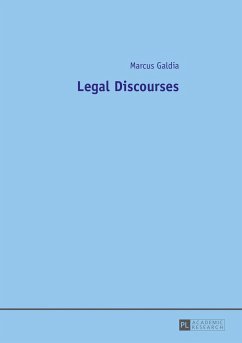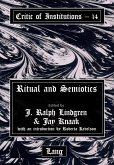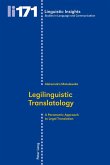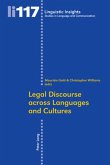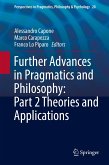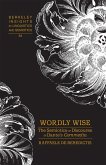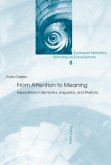The book approaches law from the legal-linguistic perspective. Its aim is to clarify the processes in which the meaning of law emerges in legal discourses. In order to enable the understanding of law as a discursive practice, professional and non-professional discourses are analyzed. With this aim in mind, the author focuses on the epistemological consequences of the discursiveness of law. Other relevant legal-linguistic operations such as legal interpretation or legal translation are scrutinized in terms of their theoretical prerequisites and their practical consequences. Their analysis also shows the potential and the limits of law as a social and as a linguistic phenomenon that is determined by its discursiveness. Finally, the book demonstrates how the discursiveness as the distinctive feature of law establishes the connection between the science of law and other social sciences.
Bitte wählen Sie Ihr Anliegen aus.
Rechnungen
Retourenschein anfordern
Bestellstatus
Storno

